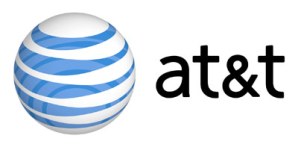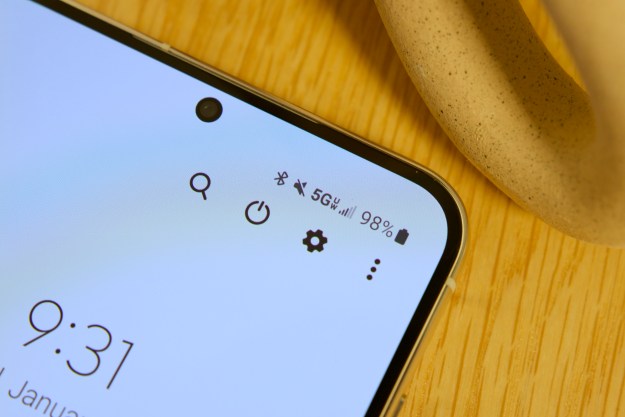 AT&T announced today that it will be launching its new LTE network in five US cities this summer, reports GigaOm. The 4G network is set to first arrive in Atlanta, Chicago, Dallas, Houston, and San Antonio. News of the LTE launch comes via AT&T President and CEO John Stankey, who made the announcement during a talk at the Barclays Capital Global Communications, Media and Technology Conference earlier today.
AT&T announced today that it will be launching its new LTE network in five US cities this summer, reports GigaOm. The 4G network is set to first arrive in Atlanta, Chicago, Dallas, Houston, and San Antonio. News of the LTE launch comes via AT&T President and CEO John Stankey, who made the announcement during a talk at the Barclays Capital Global Communications, Media and Technology Conference earlier today.
In addition to these markets, Stankey also said that his company plans to roll out 4G LTE connectivity to at least 10 more cities by the end of 2011, which would bring the total number of AT&T users with access to 4G to roughly 70 million. AT&T will complete its deployment of its LTE network by 2013, Stankey said.
According to AT&T Chief Technology Officer John Donovan, the wireless company has plans to add 20 4G devices to the company’s handset line up this year (though only some of them will be LTE capable, while the remainder will have only HSPA+ connectivity).
Stankey also indicated that tests of its 700 MHz LTE spectrum deliver real-world download speeds “consistent with those that have been given by the top competitors.” Right now, Verizon is the only competitor with LTE out there, and its LTE network delivers downlink speeds of 5 to 12 megabits per second and uplink speeds of 2 to 5 Mbps, so it safe to assume AT&T is achieving similar stats.
On top of its 4G plans, Stankey also discussed AT&T’s contentious $39 billion acquisition of T-Mobile USA, the fourth largest wireless provider in the US. If approved by federal regulators, the deal would consolidate the two companies, making AT&T the nation’s largest wireless provider. Stankey said that if the deal goes through, they plan to aggressively push current T-Mobile customers with standard 2G devices to move towards more advanced technology. AT&T will also use T-Mobile’s 1700 MHz spectrum for its LTE network.
Editors' Recommendations
- 5G home internet: What is it, and should you get it?
- Everything you need to know about the massive AT&T outage
- Verizon just took a huge leap ahead in the 5G race
- T-Mobile still has the fastest 5G, but its rivals are catching up
- T-Mobile’s huge lead in 5G speeds isn’t going anywhere


